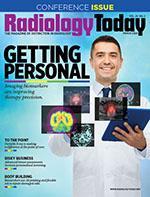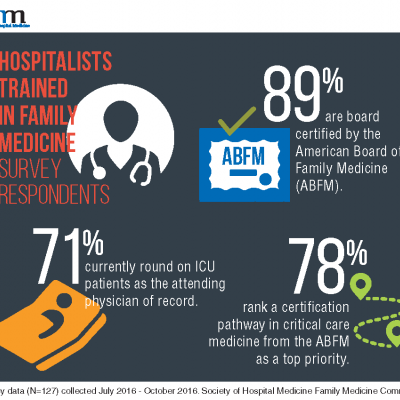
Getting Personal - Radiology Today Magazine
Personalized medicine (PM), also known as precision medicine, describes a wide variety of highly targeted, individualized approaches to disease treatment and management. From pharmacogenomics to radiopharmaceuticals, the ultimate goal is to achieve the best therapeutic outcome in a manner tailored to each patient.
Biomarkers play a central role in the innovation of new therapeutic approaches in PM. In nuclear medicine
Biomarkers play a central role in the innovation of new therapeutic approaches in PM. In nuclear medicine




















